This @zslofficial.bsky.social and CSIP event, brings together experts (including our @sarahenelms.bsky.social) to explore major forms of marine pollution in our waters.
Free, online/in-person - lnkd.in/eEUiEbdH
🦑🐬🌊🌍🧪🌐

This @zslofficial.bsky.social and CSIP event, brings together experts (including our @sarahenelms.bsky.social) to explore major forms of marine pollution in our waters.
Free, online/in-person - lnkd.in/eEUiEbdH
🦑🐬🌊🌍🧪🌐
Led by @alicetrevail.bsky.social @exetermarine.bsky.social, @ruthedunn.bsky.social @zslofficial.bsky.social
news.exeter.ac.uk/faculty-of-e...

Led by @alicetrevail.bsky.social @exetermarine.bsky.social, @ruthedunn.bsky.social @zslofficial.bsky.social
news.exeter.ac.uk/faculty-of-e...

📽️ @ruthedunn.bsky.social
doi.org/10.1111/1365...
@jappliedecology.bsky.social @iomarinescience.bsky.social @exetermarine.bsky.social @zslofficial.bsky.social
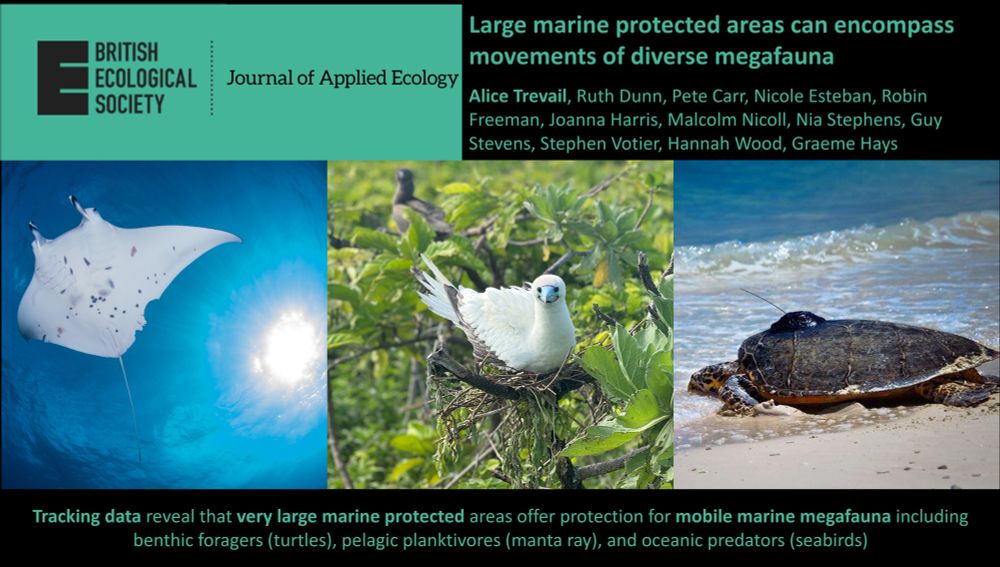
doi.org/10.1111/1365...
@jappliedecology.bsky.social @iomarinescience.bsky.social @exetermarine.bsky.social @zslofficial.bsky.social
Dr Ruth Dunn (@ruthedunn.bsky.social) of @lec-reefs.bsky.social is lead author of the study.
📰: https://tinyurl.com/yezeyxu2
Dr Ruth Dunn (@ruthedunn.bsky.social) of @lec-reefs.bsky.social is lead author of the study.
📰: https://tinyurl.com/yezeyxu2
New @iomarinescience.bsky.social research out now in @royalsocietypublishing.org: doi.org/10.1098/rspb...
📸 @robinfreeman.bsky.social
🧪🌍🪶
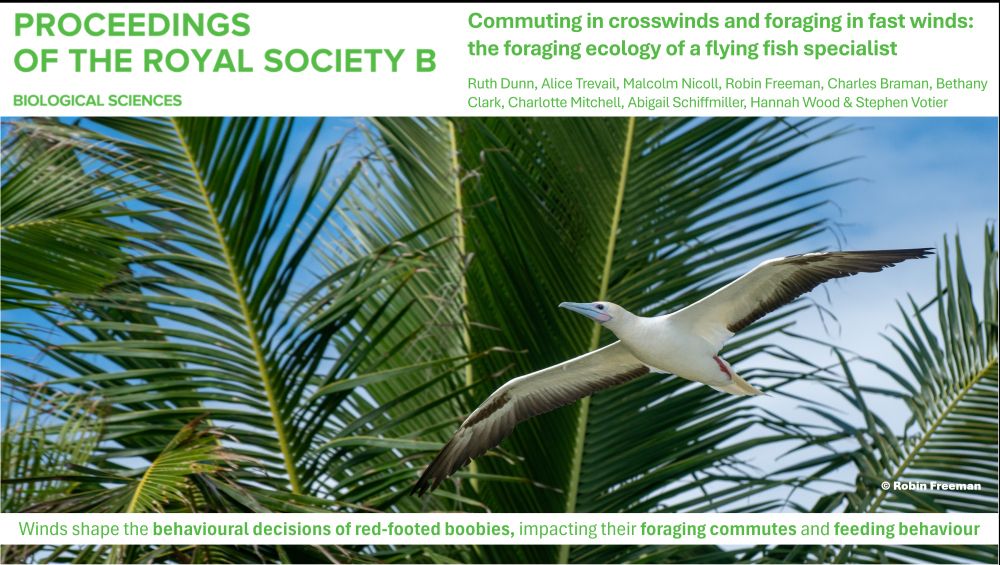
New @iomarinescience.bsky.social research out now in @royalsocietypublishing.org: doi.org/10.1098/rspb...
📸 @robinfreeman.bsky.social
🧪🌍🪶
Out today in @globalchangebio.bsky.social:
doi.org/10.1111/gcb....
@lancasteruni.bsky.social @zslofficial.bsky.social @ulpgc.es @qmul.bsky.social @leibniz-gemeinschaft.de @lec-reefs.bsky.social
📸 @nuno_vasco_rodrigues
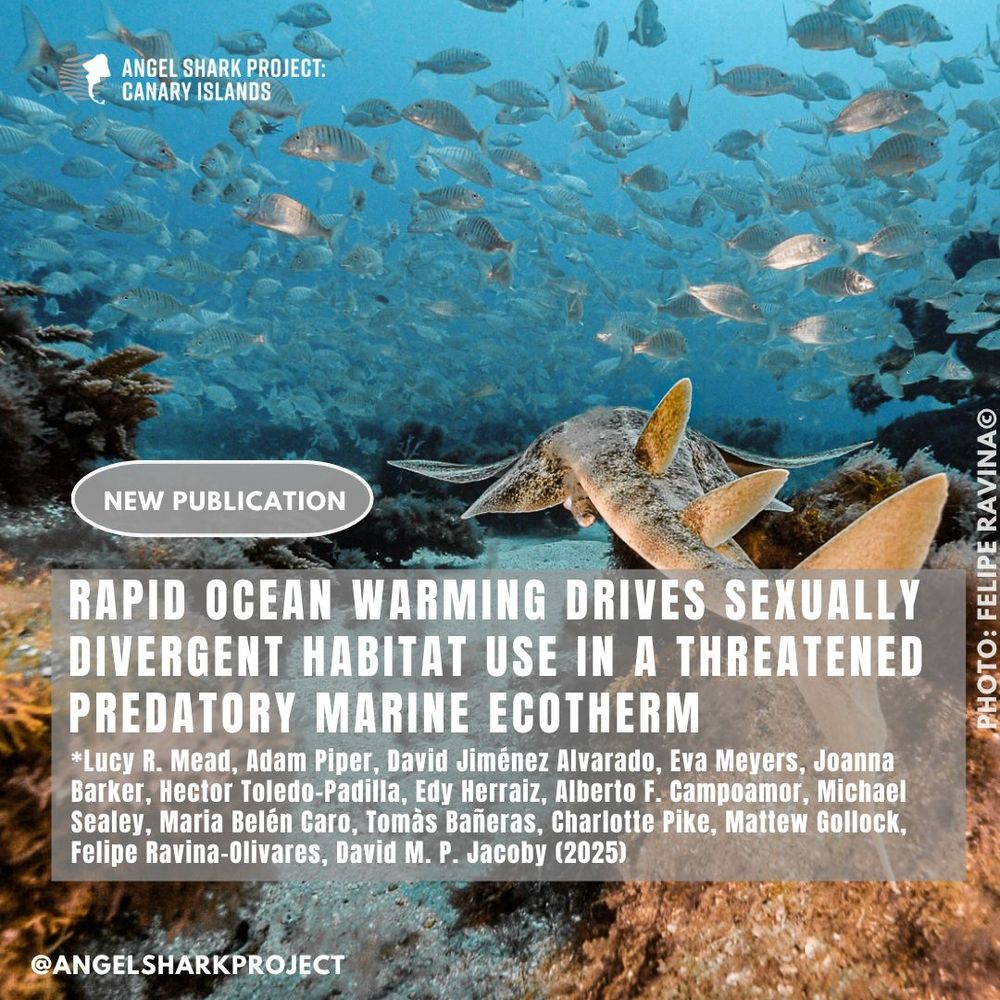
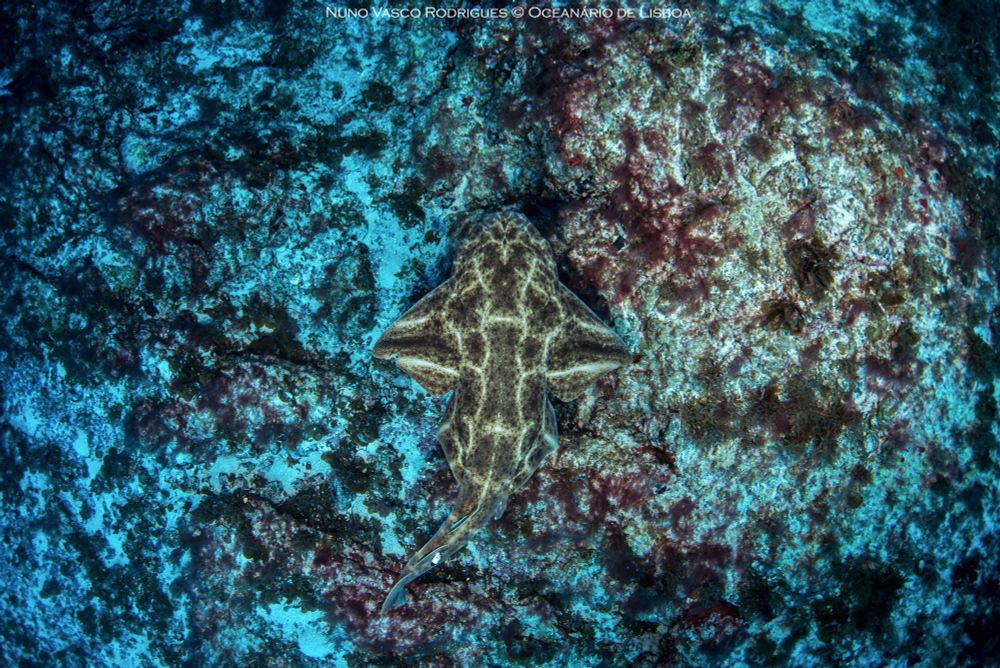
Out today in @globalchangebio.bsky.social:
doi.org/10.1111/gcb....
@lancasteruni.bsky.social @zslofficial.bsky.social @ulpgc.es @qmul.bsky.social @leibniz-gemeinschaft.de @lec-reefs.bsky.social
📸 @nuno_vasco_rodrigues
#PhDGraduates #Doctor #MarineScience #MarineBiology #Scientists
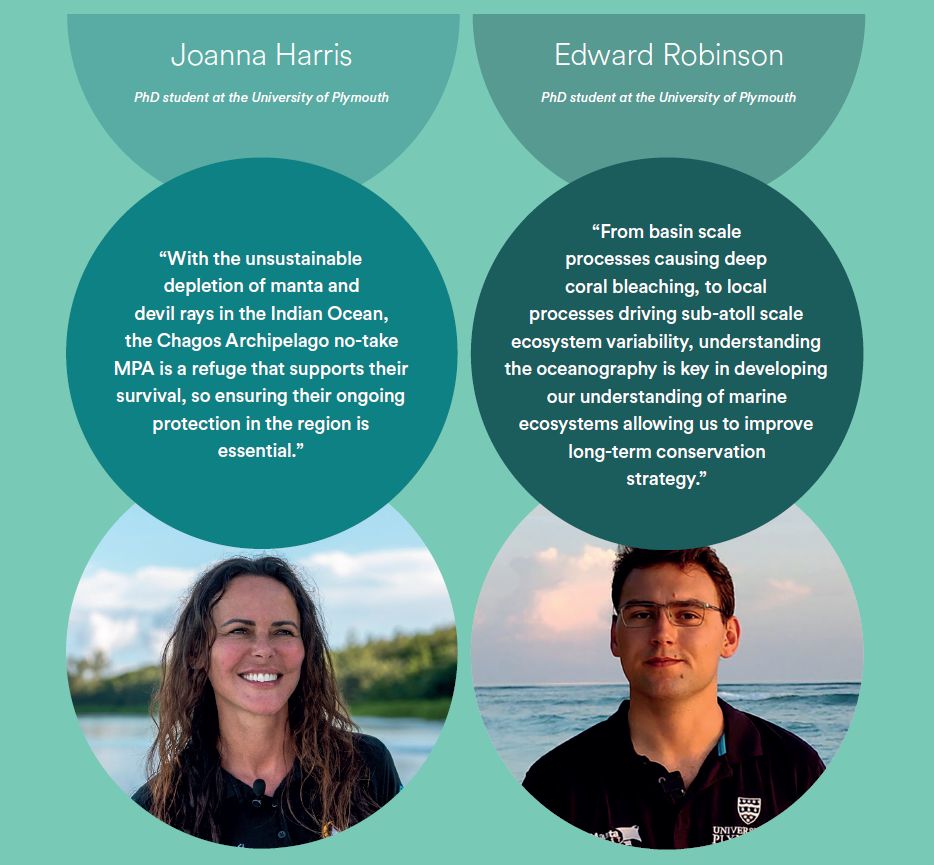
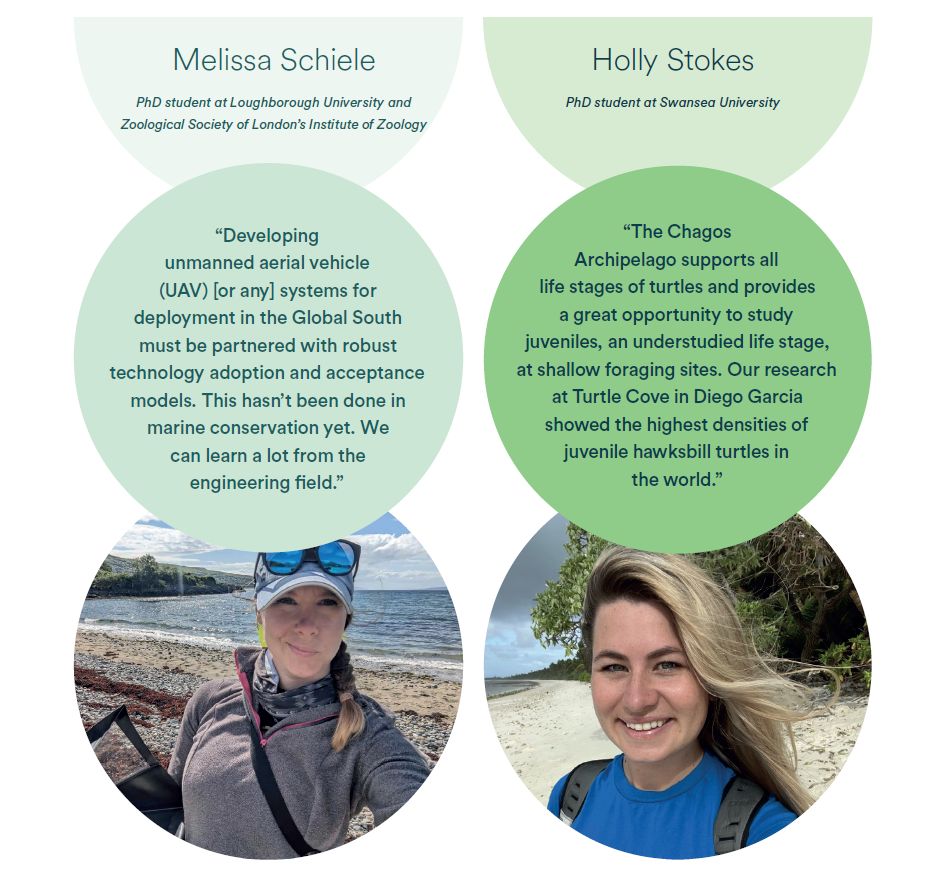
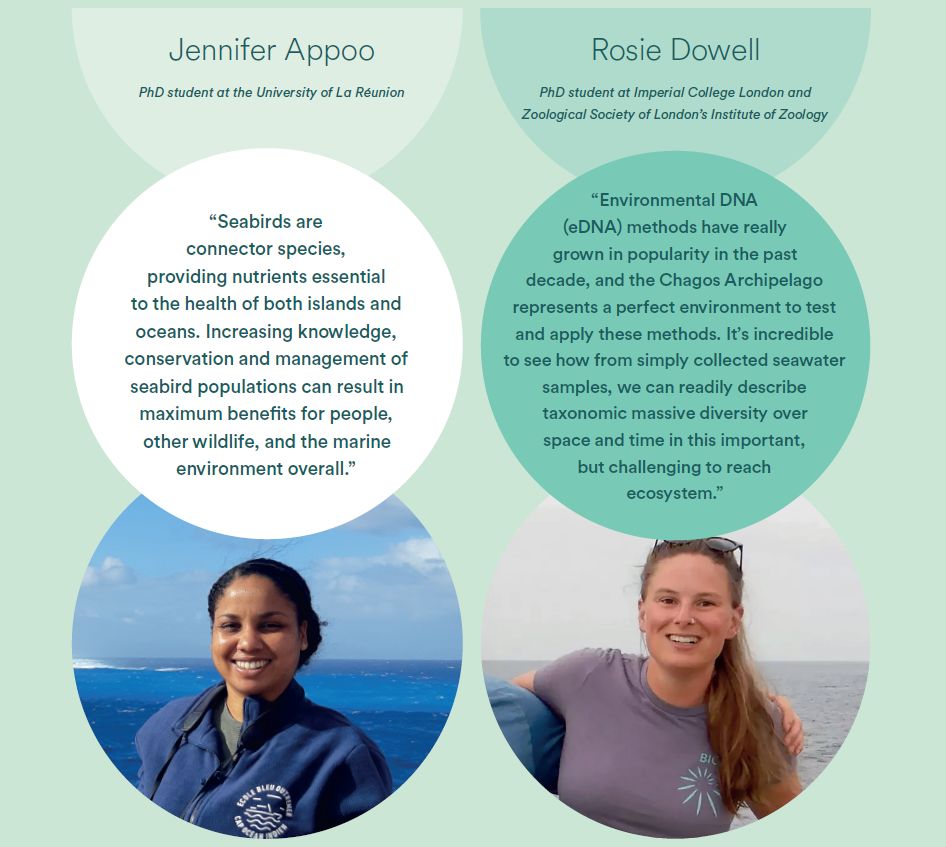
#PhDGraduates #Doctor #MarineScience #MarineBiology #Scientists
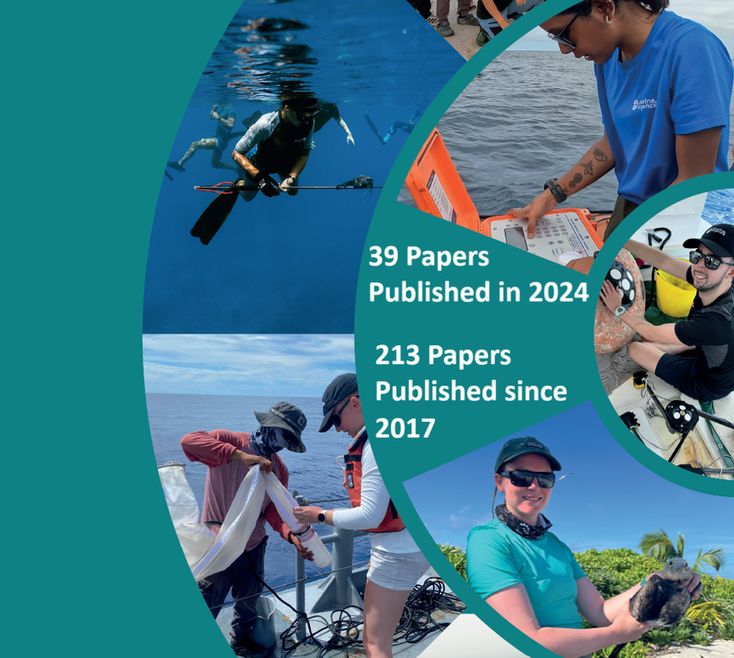

dataverse.harvard.edu/dataverse/be...
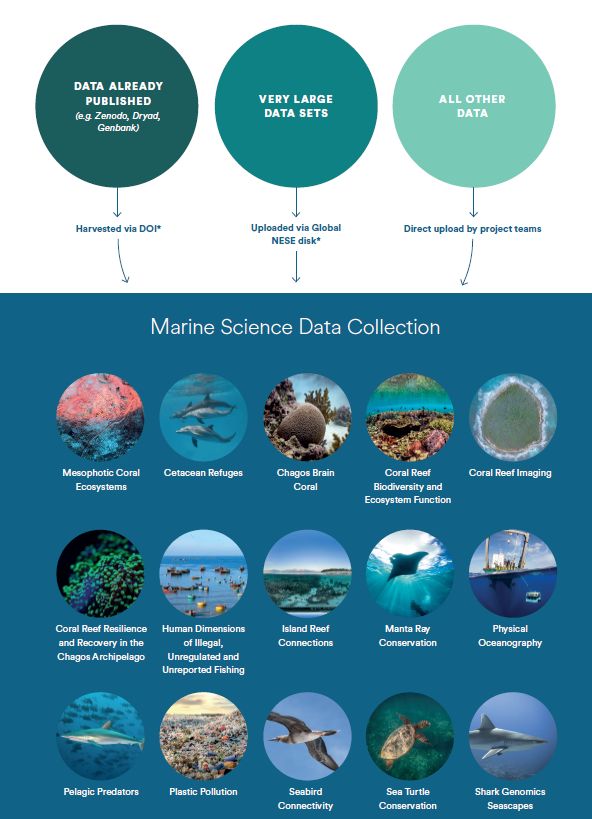
dataverse.harvard.edu/dataverse/be...
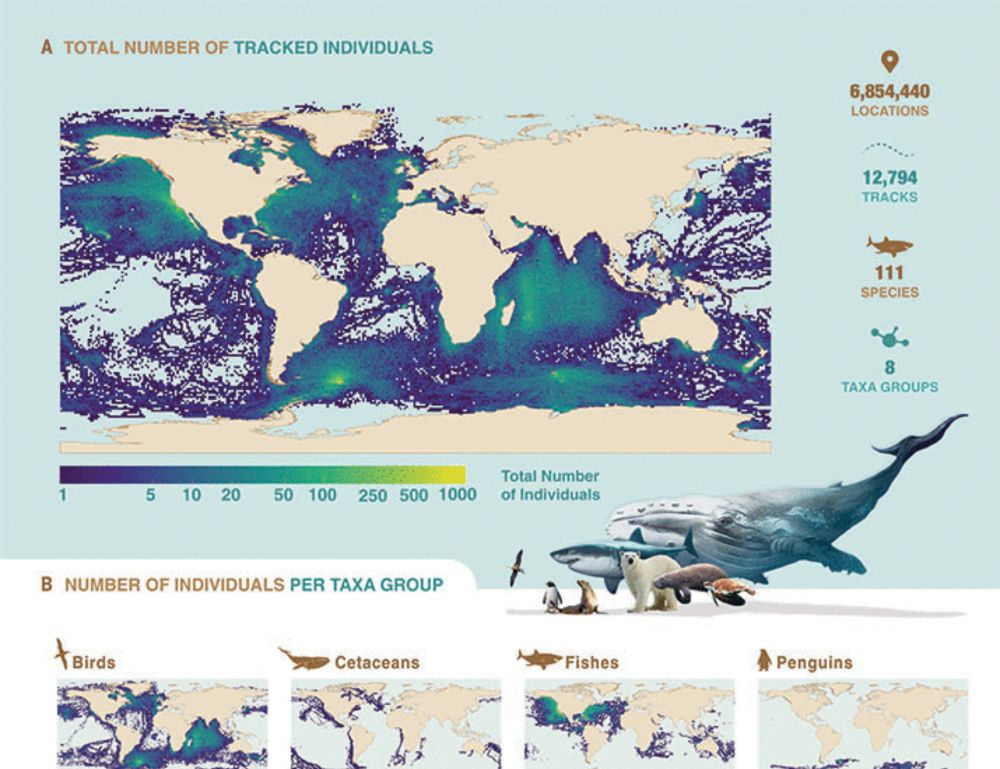
New paper in @science.org, led by @anammsequeira.bsky.social 👇
📸silvana-palacios,daniel-torobekov
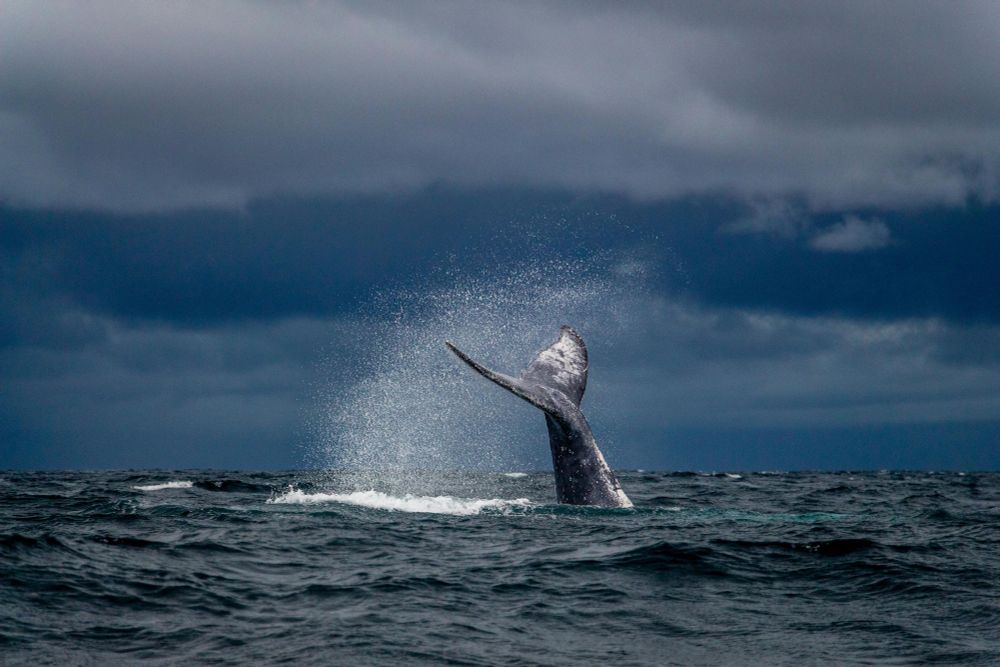
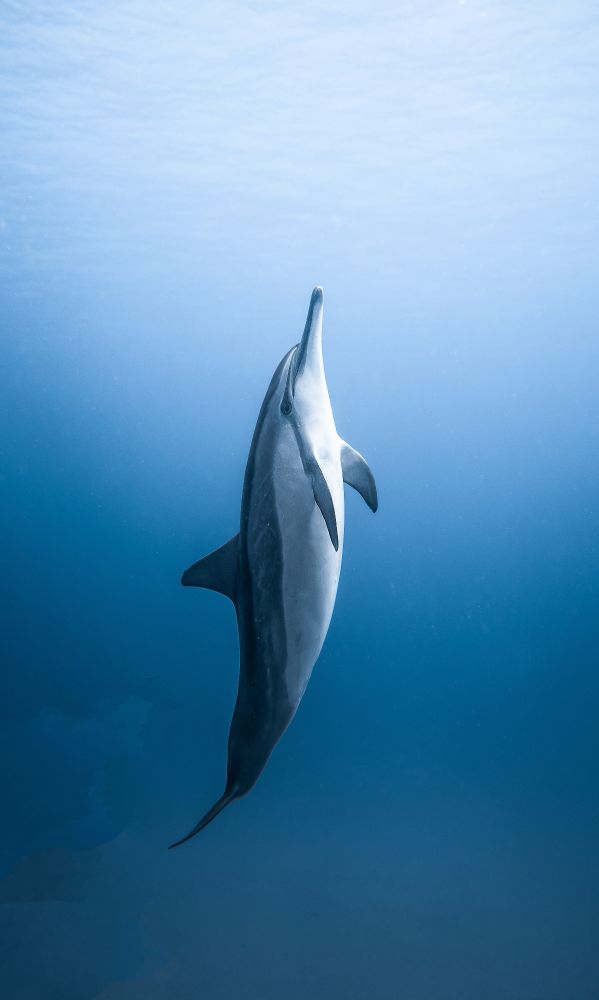
New paper in @science.org, led by @anammsequeira.bsky.social 👇
📸silvana-palacios,daniel-torobekov
With ~380 collaborators from 50 countries, we mapped the movements of 12k+ marine megafauna to identify key habitats 🌊🐋🦈
@pewenvironment.bsky.social @uwaoceans.bsky.social
www.sequeiralab.com/news/megamov...
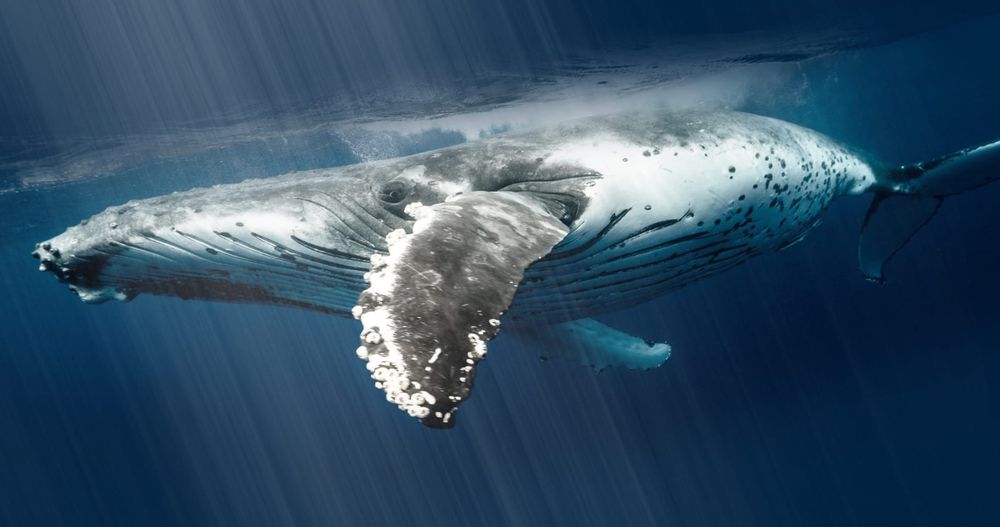
With ~380 collaborators from 50 countries, we mapped the movements of 12k+ marine megafauna to identify key habitats 🌊🐋🦈
@pewenvironment.bsky.social @uwaoceans.bsky.social
www.sequeiralab.com/news/megamov...
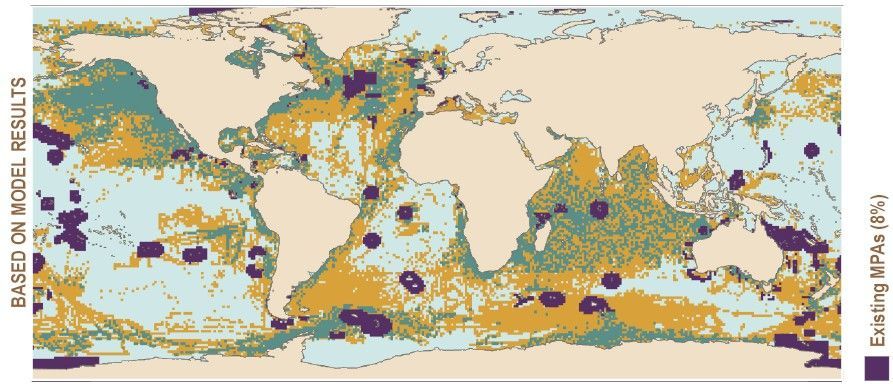
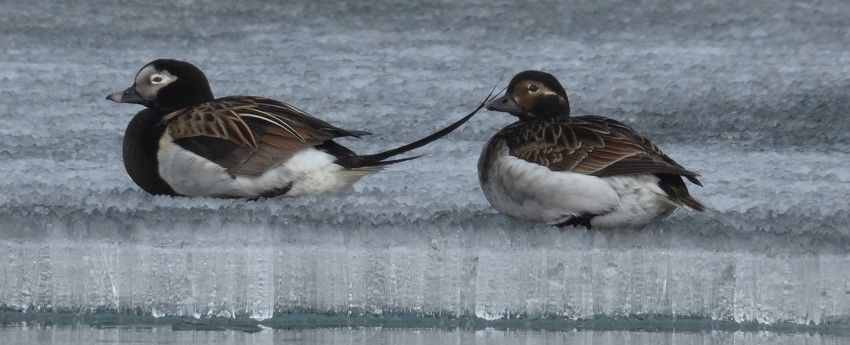
doi.org/10.1007/s003... 🐚
Thank you to my co-authors and field friends from @lec-reefs.bsky.social and beyond for all their help bringing this piece of work together 🌊
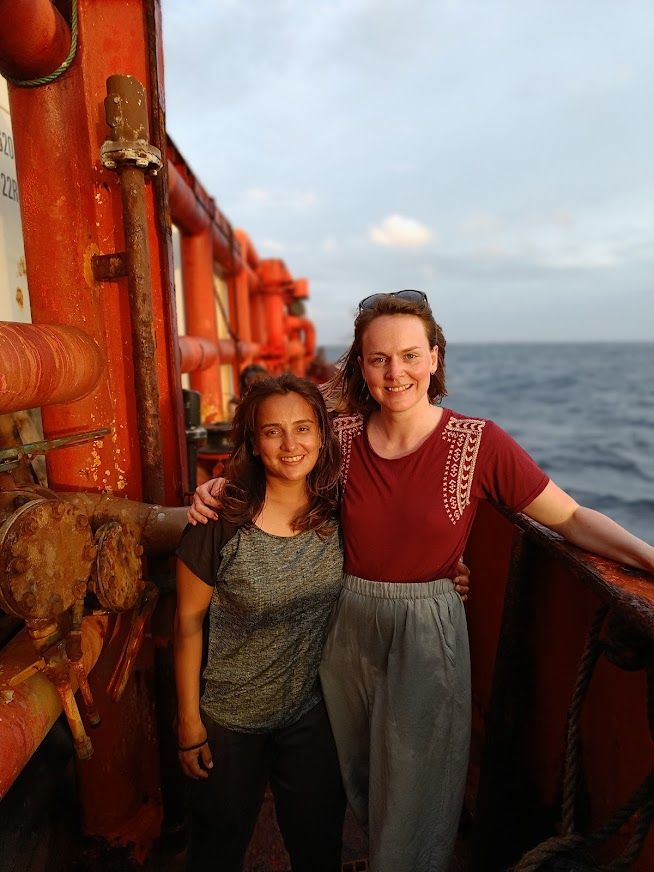
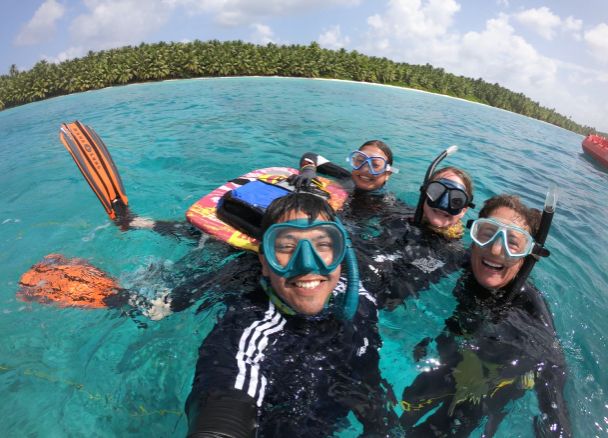
Joshua Coste shares details about his research on Red-footed Booby homing behaviour in the Indian Ocean 🌊
➡️ tinyurl.com/RFB-navigation
Full paper here: doi.org/10.1016/j.an...
@iomarinescience.bsky.social
@exetermarine.bsky.social
@zslscience.bsky.social
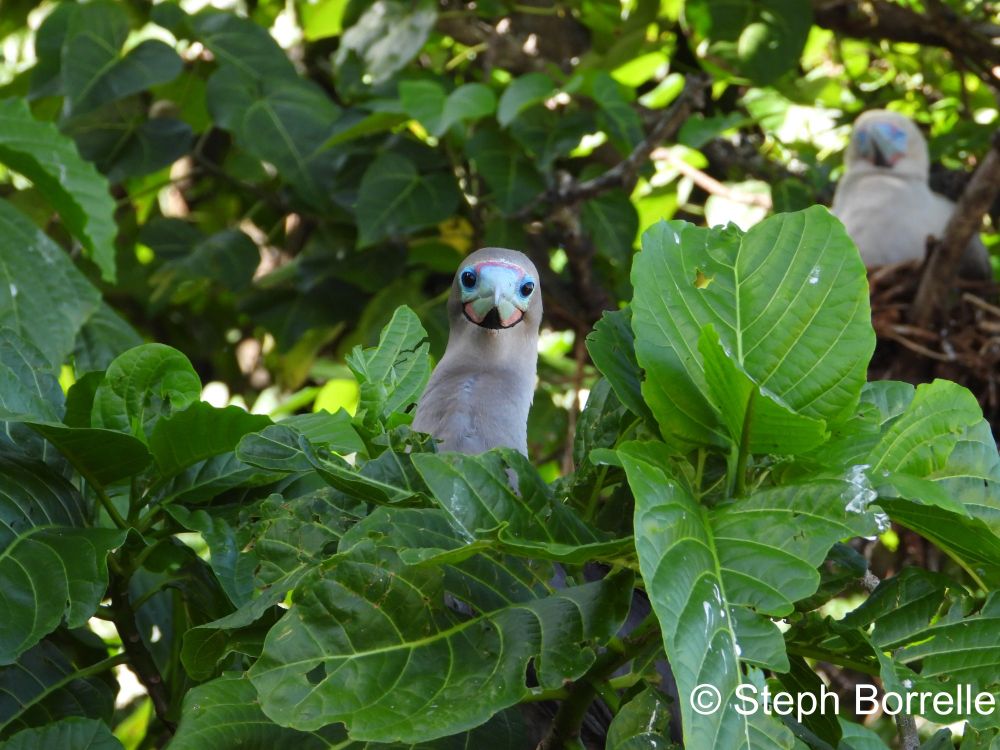
Joshua Coste shares details about his research on Red-footed Booby homing behaviour in the Indian Ocean 🌊
➡️ tinyurl.com/RFB-navigation
Full paper here: doi.org/10.1016/j.an...
@iomarinescience.bsky.social
@exetermarine.bsky.social
@zslscience.bsky.social
www.science.org/doi/10.1126/...
www.science.org/doi/10.1126/...
Results show tropical seabirds meet diurnal constraints by navigating efficiently back to low-lying reef atoll colonies
doi.org/10.1016/j.an...
Great work from Joshua's masters internship with @uniexecec.bsky.social and @iomarinescience.bsky.social
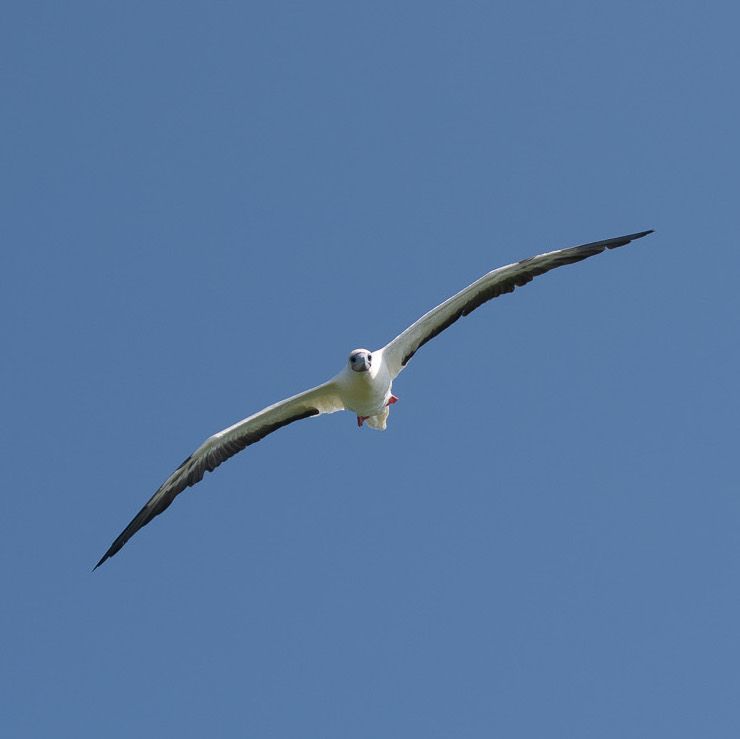
Results show tropical seabirds meet diurnal constraints by navigating efficiently back to low-lying reef atoll colonies
doi.org/10.1016/j.an...
Great work from Joshua's masters internship with @uniexecec.bsky.social and @iomarinescience.bsky.social
➡️ doi.org/10.1111/geb.70004
🧪 #ornithology #migration #BLScience
@birdlifeglobal.bsky.social
We are grateful to GOBI @iki-germany.bsky.social for funding the project
🧵1/5
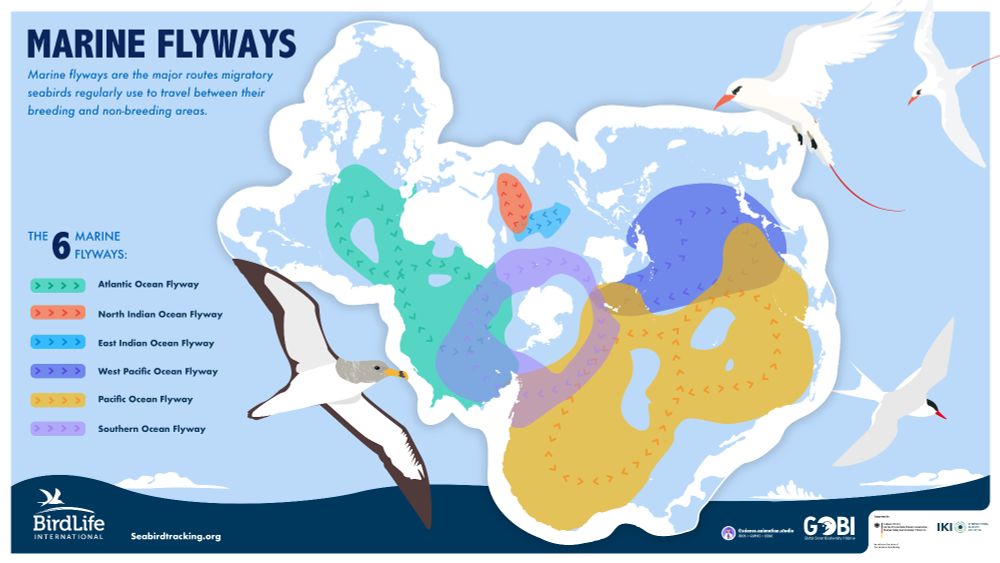
➡️ doi.org/10.1111/geb.70004
🧪 #ornithology #migration #BLScience
@birdlifeglobal.bsky.social
We are grateful to GOBI @iki-germany.bsky.social for funding the project
🧵1/5

➡️ doi.org/10.1111/geb.70004
🧪 #ornithology #migration #BLScience
@birdlifeglobal.bsky.social
We are grateful to GOBI @iki-germany.bsky.social for funding the project
🧵1/5

➡️ doi.org/10.1111/geb.70004
🧪 #ornithology #migration #BLScience
@birdlifeglobal.bsky.social
We are grateful to GOBI @iki-germany.bsky.social for funding the project
🧵1/5
Reef fish communities are undergoing substantial change on the Great Barrier Reef, with latitude and through time. Changing coral composition, not simply coral cover, a major driver. @lec-reefs.bsky.social
www.nature.com/articles/s41...
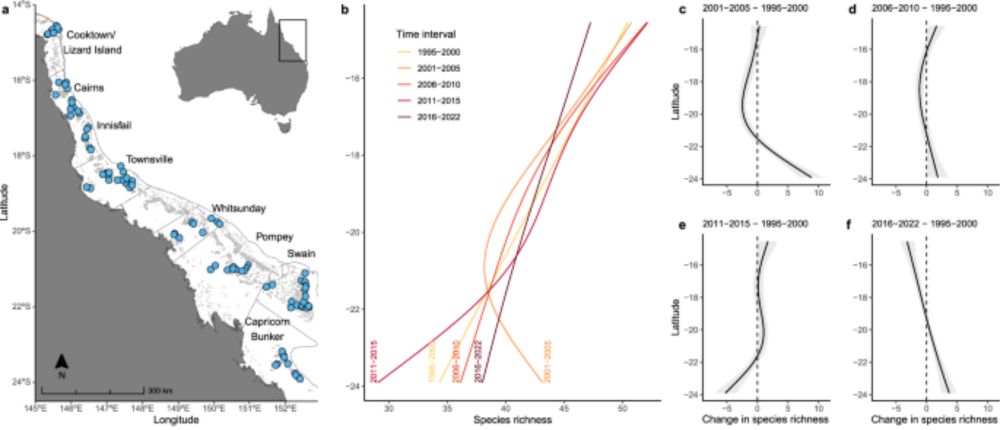
Reef fish communities are undergoing substantial change on the Great Barrier Reef, with latitude and through time. Changing coral composition, not simply coral cover, a major driver. @lec-reefs.bsky.social
www.nature.com/articles/s41...

